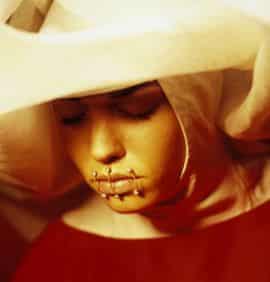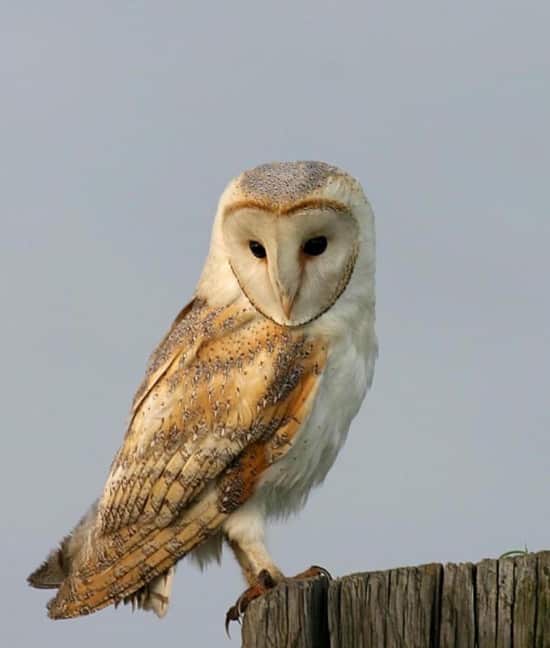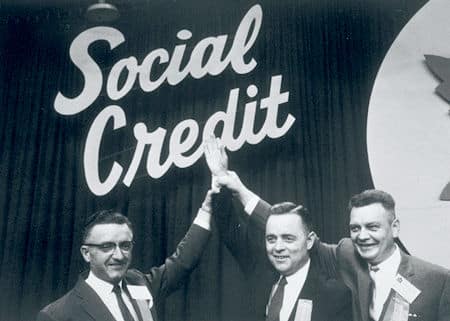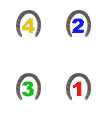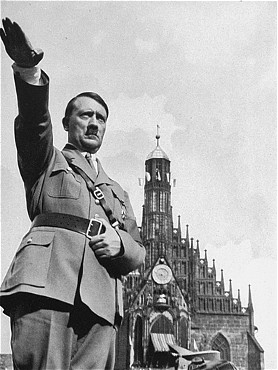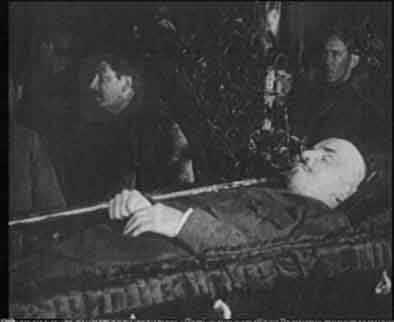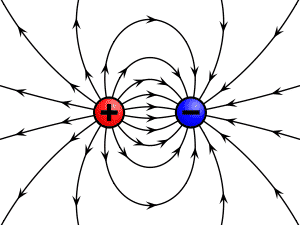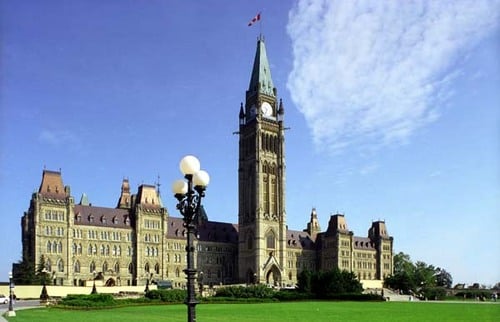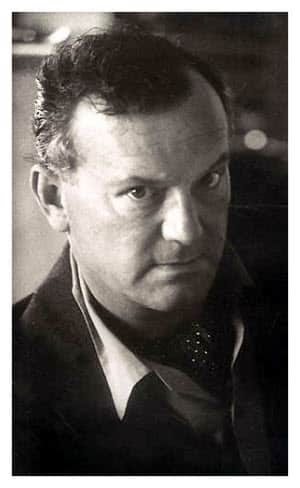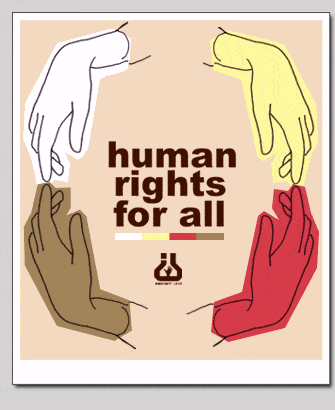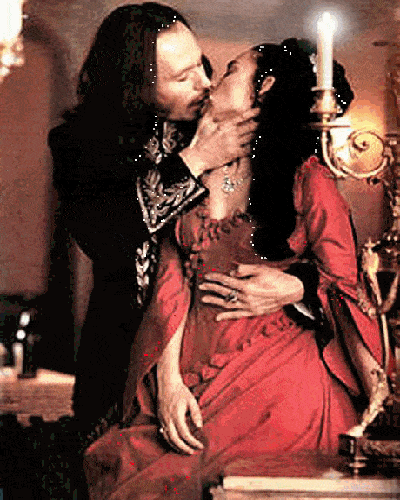William completed his Bachelor of Science and Master of Arts in 2013. He current serves as a lecturer, tutor and freelance writer. In his spare time, he enjoys reading, walking his dog and parasailing.
Article last reviewed: 2022 | St. Rosemary Institution © 2010-2025 | Creative Commons 4.0
USE STRONG ACTIVE VERBS Strong active verbs bring life and description to your paper by more accurately identifying an action and by adding emphases, connotations, or by merely making a common phrase stand out. EXAMPLES 1. The tragic accident devastated the entire family. 2. The recorder intercepted many of the secret messages. 3. The author…
Shaping identity is at the core of almost every individual being. Identity defines you as well as separates and shapes each individual giving them the qualities that make them unique in a vast pool of sameness. Generally, people have an undying will to characterize themselves and will go to great lengths to achieve a sense…
Free The Children literally wants to free the children from poverty, exploitation, and the thought of being powerless. They put these three values into their mission statement, “Free the children from poverty. Free the children from exploitation. Free the children from the idea that they are powerless to change the world.” (Craig Kielburger, 1995). Young…
Description Barn owls live in many parts of the world. Their upper body is covered in grey feathers, dark, ribbon lines and pale spots. An owl’s lower body consists of white with several black marks, just like a Dalmatian! Their faces are heart-shaped and white with brown edges. The eyes of a barn owl are…
Tuesday, October 29th, 1929 was the day of the stock market crash in the United States. Stock prices plummeted, affecting economies worldwide. Countries everywhere, rich and poor, sank into an economic recession known as the Great Depression. Canada was hit particularly hard. Between 1929 and 1933, Canada’s Gross National Expenditure declined by 42%. By 1933,…
A horse travels at four gaits: the walk, trot, canter, and gallop. The average horse’s walk speed is 6.4 km/h. At the walk, the horse moves in a four-beat succession in the order shown, right. There is always one foot raised and three on the ground. The walk is the slowest of the horse’s gaits…
In films of Adolf Hitler’s Nazis marching the streets in military displays, there is a chilling atmosphere of complete conformity and belief in Nazism. The soldiers seem never-ending in number and proudly sing traditional German songs, marching simultaneously as though they were one single entity bent on achieving Hitler’s goals[1]. In the Holocaust, six million…
The Great Terror that began with Kirov’s death had many far-reaching results. One of the main results was that Stalin’s political dominance was reinforced a thousand fold, but there were other consequences of the purges, both social and economic. These consequences changed the lives of ordinary Russian people to a huge extent – food shortages…
Shakespeare’s plays, Hamlet (1603) and A Midsummer Night’s Dream (1600), explore the theme of conflict and its repercussions, each play highlighting different aspects of the theme due to differences in genre and subject. Conflict, according to the Oxford English Dictionary, is “a serious disagreement or argument, typically a protracted one”, and would therefore seem to…
Electric Charge Charges that are the same repel each other. Charges that are different attract each other. This rule is the same rule for interactions between magnetic poles. Protons repel protons and attract electrons because they have different types of electric charges. Protons have a +ve charge and electrons have a -ve charge. This interaction…
Citizenship is the condition of being vested with the rights, duties and responsibilities as a member of a state or nation. Civics is the study of the rights and duties of citizenship. Government is a system by which groups of people make the laws (principles and regulations) that are enforced to guide the affairs of…
The Cobra’s venom consists mainly of neutroxins, however it also contains a variety of cardiotoxic and other compounds. They have enough venom to kill a large adult elephant; however, they are not evolutionally predestined to bite humans, because they know that humans are not a food source for them. They will only attack when threatened.…
1. Humans are created in the image and likeness of God – Only humans can know and love the creator. God made us all in his liking. 2. Humans are called to happiness and holiness – God has placed the desire for happiness in our hearts. We can find true happiness only in God (the…
In his writings, C. Wright Mills suggested that people feel a kind of entrapment in their daily lives. He explains that since they must look at their life in a narrow scope or context – one’s role as a father, employee, neighbor, etc. – one catches glimpses of various “scenes” which they are a part…
Chapter 3 in Wadsworth is an essay by Karl Marx and Friedrich Engels in which they discuss the division of society. The essay begins, “The history of all hitherto existing society is the history of class struggles.” (Wadsworth, 2011) This statement is one of the foundational beliefs of Communism, which includes the theory that society…
In his essay, On Being Sane in Insane Places, D. L. Rosenhan discusses a series of experiments that he participated in involving psychiatric institutions and the effect of misdiagnoses of psychological disorders on the patients admitted to the hospitals. Rosenhan’s research shows us that the labels associated with mental illness (particularly schizophrenia) have a significant…
1. Culture – the total way of life shared by members of a society, including language, values, and material objects. 2. Society – population that shares the same territory and is bound together by economic and political ties. 3. Values – shared ideas about desirable goals. 4. Norms – shared rules of conduct that specify…
In sociology, the terms social movement and collective behavior are closely related. Both terms address both the way we behave in large groups as well as the end result we have in mind. However, they are slightly different in regards to when and how they occur. According to Brinkerhoff, a social movement is defined as “an ongoing, goal-directed effort…
In the modern world, there is a direct link between prejudice and discrimination. Prejudice is defined as the unjustified negative attitudes that some people hold against others of a certain group of people. Prejudice can include attitudes such as sexism, racism, homophobia, and religious persecution. Prejudices are pre-formed and have no reasonable basis. Discrimination includes all…
The character of Lucy Westerna is created by multiple narrations in the novel. The character of Lucy is first introduced through Mina who is Lucy’s friend, Lucy Westenra, exchange letters about their respective romances. The dominant characteristic of the character emerges through Mina that she is a vivacious young woman who is much praised for…


